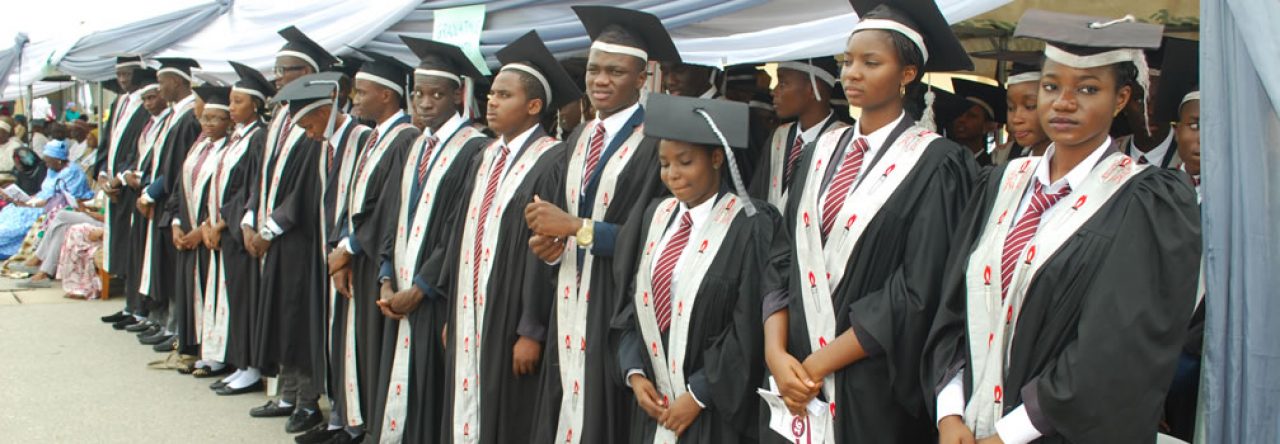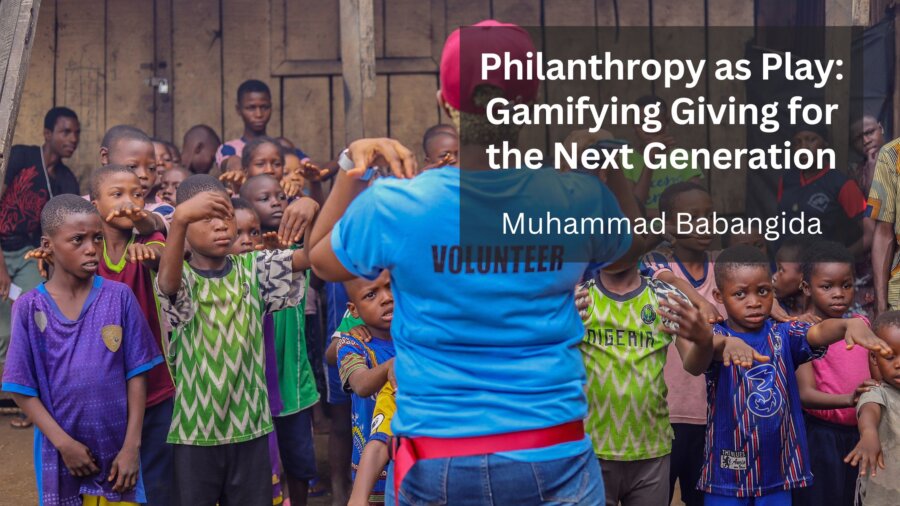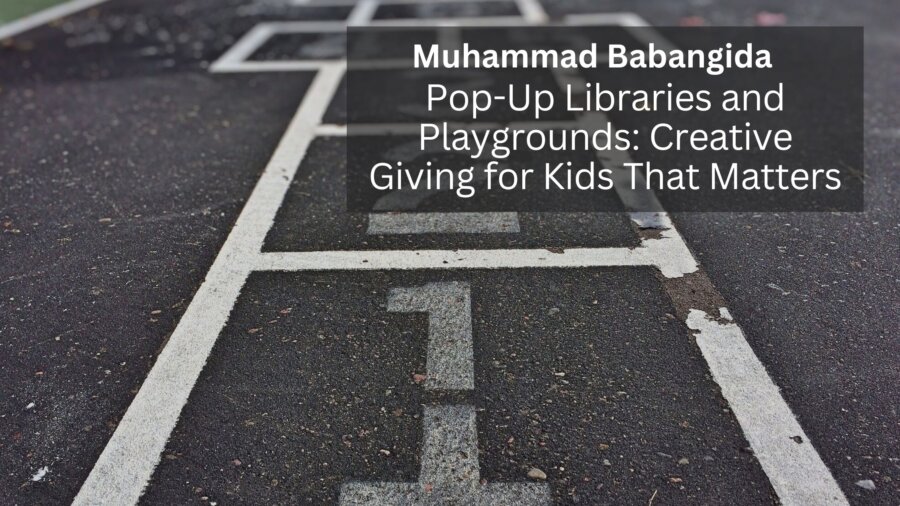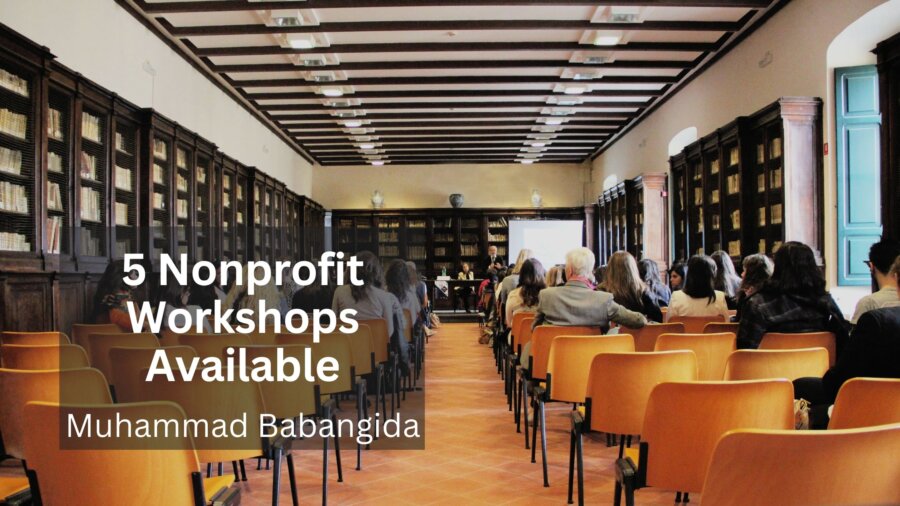In an increasingly interconnected world, the power of giving has transcended geographic boundaries. A donation made in one corner of the globe can now have far-reaching effects, touching communities thousands of miles away. The evolution of philanthropy—from local charity drives to global giving platforms—demonstrates that generosity knows no borders. Today, individuals and organizations have the tools, networks, and vision to make a meaningful impact that extends far beyond their immediate surroundings.
The Evolution of Global Giving
Historically, charitable donations were largely local. Neighbors helped neighbors, and communities pooled resources to support those in need nearby. While local philanthropy remains vital, advances in technology, logistics, and communication have expanded the reach of donations.
Online platforms, crowdfunding websites, and international nonprofit organizations now enable donors to support causes anywhere in the world. Whether it’s funding education programs in sub-Saharan Africa, disaster relief in Southeast Asia, or medical aid in war-torn regions, the act of giving has become borderless. Global philanthropy allows everyday donors to participate in solutions to pressing challenges, regardless of physical proximity.
Local Actions, Global Consequences
One of the most profound aspects of donations beyond boundaries is their ripple effect. A local contribution—be it monetary, material, or in-kind—can spark a chain of positive change that affects countless lives. For instance, a donation to provide clean water in a remote village not only improves health outcomes but also enhances education, empowers women, and stimulates local economies.
This ripple effect demonstrates the interconnectedness of our world. Problems once thought isolated—such as poverty, climate change, or educational inequity—have global implications. By contributing across borders, donors help address systemic challenges, creating solutions that benefit both local communities and the broader global society.
Technology: Bridging Distance and Impact
Technology has played a critical role in enabling global donations. Online platforms allow donors to track the impact of their contributions, ensuring transparency and accountability. Social media campaigns can mobilize hundreds, thousands, or even millions of individuals to support urgent causes in real-time.
Additionally, digital tools facilitate collaboration between organizations, volunteers, and communities worldwide. Donors can participate in projects virtually, providing expertise, mentoring, or remote support, complementing monetary contributions. Technology ensures that distance is no longer a barrier, transforming how we engage with causes and communities globally.
Corporate Giving with Global Responsibility
Corporations are also embracing donations beyond boundaries, integrating social responsibility into business strategies. Many companies now support international causes, from environmental sustainability initiatives to health and education programs, aligning philanthropy with global challenges.
This approach benefits both the communities served and the organizations themselves. Employees feel more engaged when their company supports meaningful global initiatives, and customers increasingly favor brands committed to social responsibility. Corporate giving at a global scale demonstrates that business success and social impact are not mutually exclusive—they can thrive together.
Empowering Communities Across Borders
Global philanthropy is not just about sending resources; it’s about empowering communities to create lasting change. Effective international donations often involve partnerships with local organizations, ensuring that aid is culturally relevant and sustainable. This collaborative approach allows donors to support initiatives that are community-driven, fostering resilience, independence, and long-term development.
By respecting local knowledge and expertise, global donations move beyond charity to partnership. Donors and communities work together toward shared goals, building trust and fostering mutual learning. This approach ensures that contributions have both immediate and enduring effects, creating a model of philanthropy that benefits all parties involved.
The Personal Connection to Global Giving
Despite the global scale, donations beyond boundaries remain deeply personal. Donors often find fulfillment in knowing that their contribution directly impacts lives, even thousands of miles away. Stories of communities transformed, children educated, or ecosystems restored remind us that generosity transcends distance and unites humanity in shared purpose.
Moreover, global giving cultivates empathy. When individuals engage with causes outside their immediate environment, they develop a broader understanding of societal challenges, fostering compassion and awareness that extends into everyday life.
Conclusion: From Local Acts to Global Change
The journey from local hands to global impact illustrates that giving has evolved from a personal or community-focused act into a powerful force for worldwide change. Through technology, collaboration, and a commitment to social responsibility, donors can now extend their reach across borders, transforming lives and building stronger, interconnected communities.
In the age of global philanthropy, every contribution matters—no matter how small or distant it may seem. When local generosity meets global vision, the result is a world where compassion knows no limits and where every act of giving contributes to a brighter, more equitable future.










